According to Reuters, in the trading session on February 22, the Nikkei stock index reached a historical high, breaking the record set 34 years ago. Expectations are that another year will see Japanese businesses achieve record profits and return to the growth path.
Attract investors
At the beginning of the afternoon trading session of the same day (Japan time) on the Tokyo Stock Exchange, the Nikkei 225 index increased by more than 760 points, to 39,029, surpassing the record of 38,957.44 points recorded in December 1989.
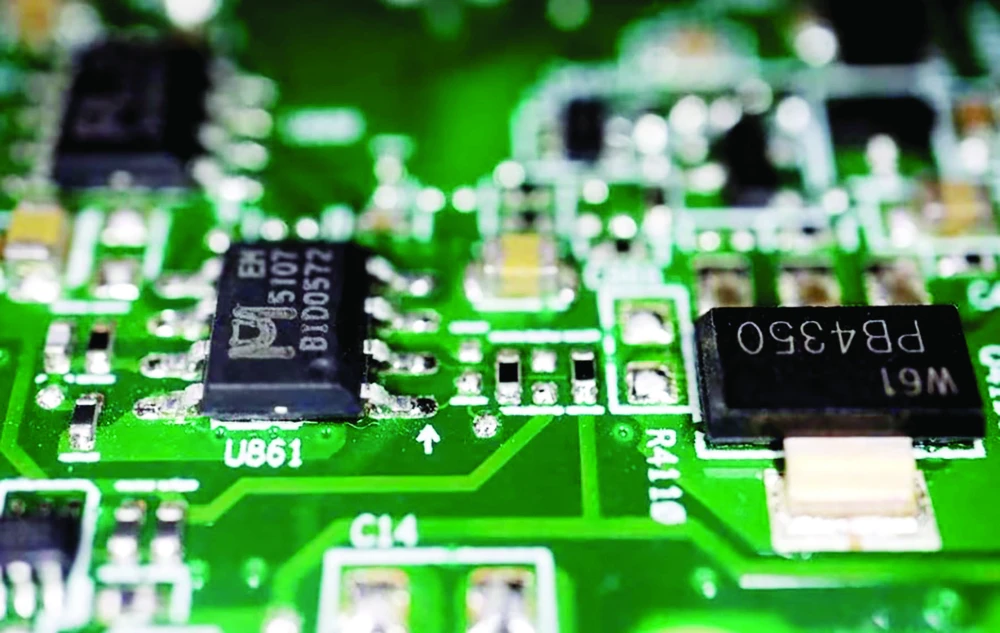
Japanese companies posted record quarterly profits in the fourth quarter of 2023, bolstering the Nikkei 225 index’s near-record high. Net income at companies in the Topix 500 index rose 46% from a year earlier to a record 13.9 trillion yen ($93 billion) in the fourth quarter of 2023. Excluding Softbank Group, whose earnings have been volatile due to its heavy investments in global technology companies, profits at companies in the index still rose 25%.
The strong earnings growth suggests that while Japan's major stock indexes have hit record highs, there is still plenty of room for further gains. Foreign investors such as BlackRock, Robeco Institutional Asset Management, and Warren Buffett have all expressed optimism about Japanese stocks. A Reuters survey released on February 22 showed that stock analysts have raised their forecast for the end of 2024 from 35,000 points (November 2023) to 39,000 points.
Yuichi Kodama, chief economist at Meiji Yasuda Research Institute in Tokyo, said the Japanese stock market has the momentum to rise further and head towards the 40,000 mark, which partly shows the attraction of foreign money to the Japanese stock market.
Semiconductor industry flourishes
Japan’s efforts to rebuild its semiconductor industry are paying off as more chip companies from Taiwan expand operations in the country. The moves come amid shifting alliances and priorities in the global chip industry, as the United States seeks to contain China’s rise in sophisticated semiconductors and strengthen partnerships among allies, Reuters reported.
At least nine Taiwanese chip companies have set up shop or expanded operations in Japan in the past two years, according to Reuters data. Many others are also considering expanding their presence or making their first foray into the Japanese market.
While Japan still boasts the world’s leading producer of semiconductor materials and equipment, its share of the global chipmaking market has fallen to 10% from 50% in the 1980s following trade tensions with the United States and competition from rivals South Korea and Taiwan. However, in recent years, Japan has spent huge sums to rebuild its chipmaking sector, as Tokyo recognizes that semiconductors are vital to its economic security.
On February 24, Taiwanese chip giant TSMC will open its first factory on the southern Japanese island of Kyushu. TSMC has also announced plans to build a second factory in Japan, bringing its total investment to more than $20 billion.
MINH CHAU synthesis
Source


![[Photo] Many young people patiently lined up under the hot sun to receive a special supplement from Nhan Dan Newspaper.](https://vphoto.vietnam.vn/thumb/1200x675/vietnam/resource/IMAGE/2025/5/18/6f19d322f9364f0ebb6fbfe9377842d3)
![[Photo] Party and State leaders attend the special art program "You are Ho Chi Minh"](https://vphoto.vietnam.vn/thumb/1200x675/vietnam/resource/IMAGE/2025/5/18/6895913f94fd4c51aa4564ab14c3f250)

![[Photo] Ready for the top competitions of Vietnamese table tennis](https://vphoto.vietnam.vn/thumb/1200x675/vietnam/resource/IMAGE/2025/5/18/9c547c497c5a4ade8f98c8e7d44f5a41)






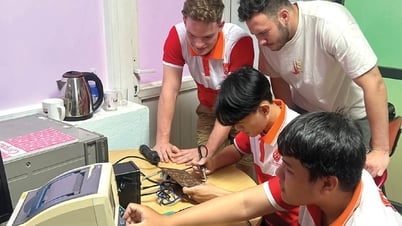





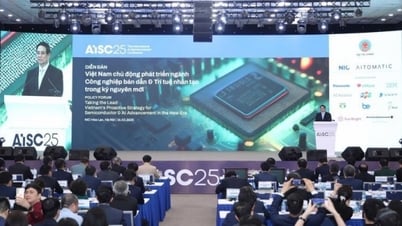



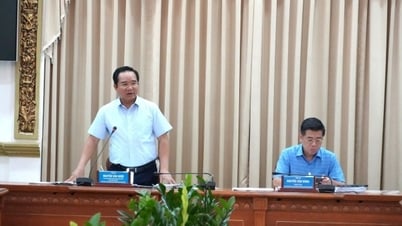
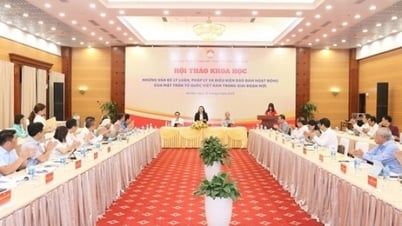

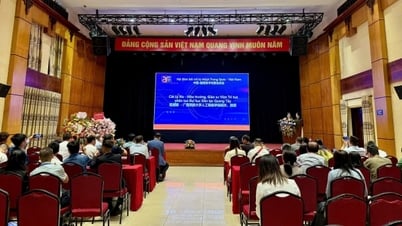








































































Comment (0)